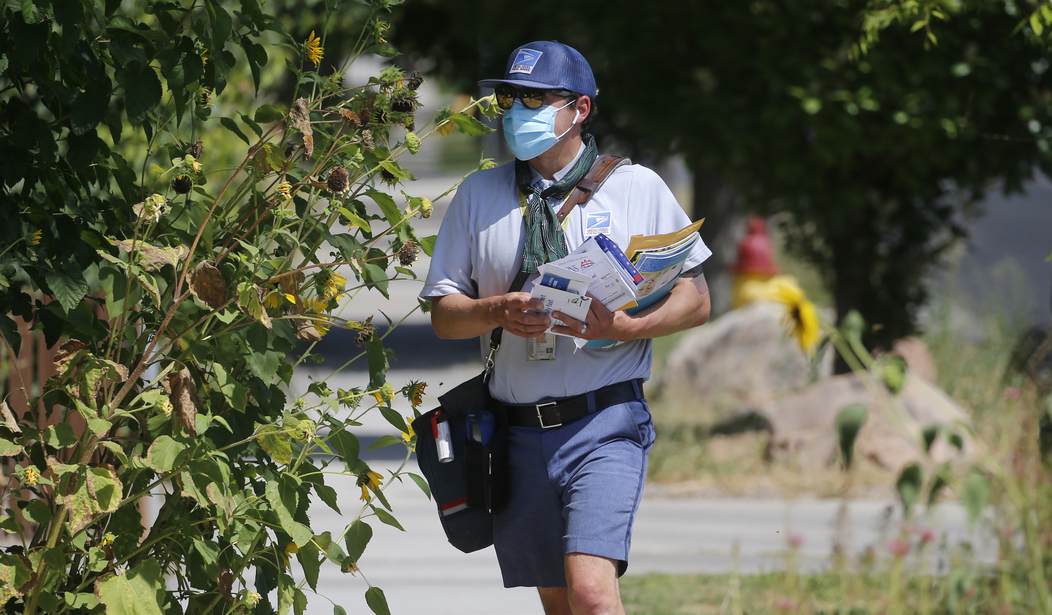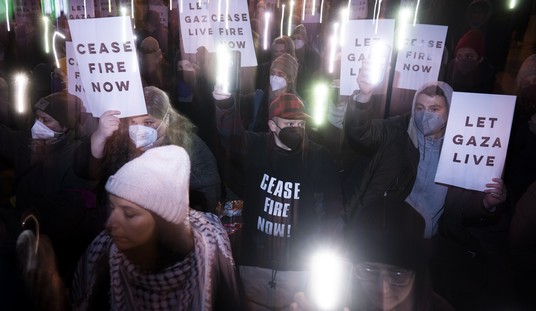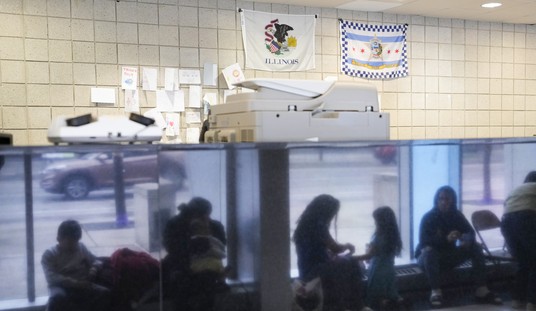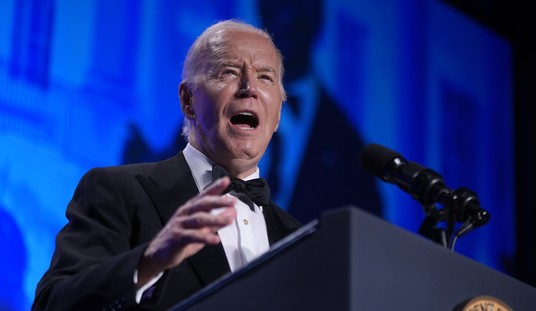We’ve seen plenty of First Amendment religious freedom cases grinding through the court system involving people working in industries ranging from teaching to baked goods. But I was a bit surprised to find out about one involving the Post Office. Has the USPS been infringing on the rights of Christians who work for the postal service? That’s the claim of Gerald Groff, a former postal worker from Pennsylvania. After going to work as a postal employee, Groff informed his managers that his Christian faith did not permit him to work on Sundays. They were able to accommodate him for a time, but then informed him that he would need to work on Sunday sometimes. He quit his job over this and sued the Post Office over religious discrimination. Two lower courts dismissed the suit, but now the Supreme Court will hear arguments in the upcoming session. (Associated Press)
The Supreme Court on Friday agreed to consider what employers must do to accommodate religious employees, among eight new cases it added.
The cases are expected to be argued in April. In one involving a former postal employee, the justices will consider what accommodations employers must make for religious employees. The case comes when religious plaintiffs have generally fared well at the court, which is dominated 6-3 by conservative justices.
Under a federal civil rights law, employers can’t discriminate against employees because of their religion. The law says employees’ religious practices have to be accommodated unless the employer can demonstrate doing so is an “undue hardship” to the business.
Groff’s attorneys sound confident that their client may prevail when facing a more conservative court that has recently ruled in favor of plaintiffs alleging religious discrimination. I’m not so sure, however. Unlike all of the “bake the cake” drama that we’ve seen in the past, the Postal Service wasn’t trying to force Groff to perform some particular function as part of his job that would clearly run afoul of his religious beliefs. They just wanted him to show up for work and put in some overtime.
The argument about religious observations isn’t entirely clear to me in this case. The New Testament doesn’t actually call Sunday a “day of rest” anywhere. That practice was apparently put in place by Roman Emperor Constantine I in 321 AD. In the Old Testament, God told the Israelites to “remember the Sabbath and keep it holy by not doing any work.” But Jews observe the Sabbath on Saturday.
Yet even if the Supreme Court accepts the premise that some Christians observe Sunday as the Sabbath and don’t believe they are supposed to work on that day, was the possibility of weekend work made clear when Gerald Groff originally applied for the job? If so, that would likely weaken his claim. Conversely, if his employers originally told him that his religious objection was valid and he didn’t need to work on Sunday but they later reversed the decision, he might have a valid complaint.
Further, federal civil rights laws state (and the Supreme Court has agreed) that an employer must accommodate religious practices unless the employer can demonstrate that doing so is an “undue hardship” on the business. Given the percentage of people in America who identify as Christians (approximately 63%), if Gerald Groff prevails in this case and most of the other Christians working for the USPS were to follow suit, the Post Office would basically have to end Sunday mail delivery entirely. That certainly sounds like an “undue hardship.”
Time will tell. In the meantime, the Supreme Court also agreed to hear more than a half dozen other cases in addition to Groff’s. They will hear the case of a man appealing his conviction for stalking a woman online, claiming that his messages were protected free speech. They will also review a case involving Supervalu Inc. and Safeway where they stand accused of defrauding the government by charging Medicare and Medicaid far more for prescription reimbursements than they actually paid. It should be a busy session, but hopefully, without all of the fireworks and leaks we saw last year.









Join the conversation as a VIP Member